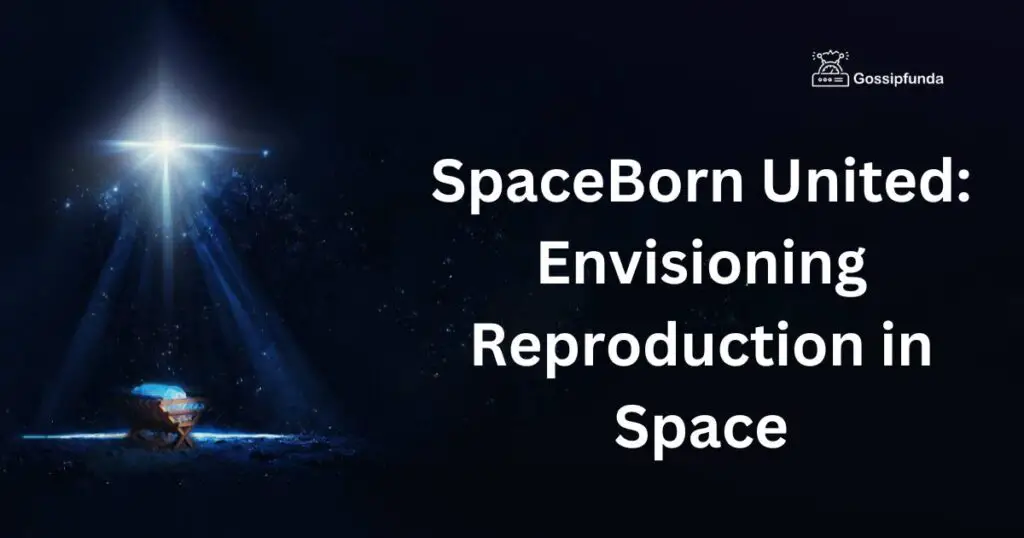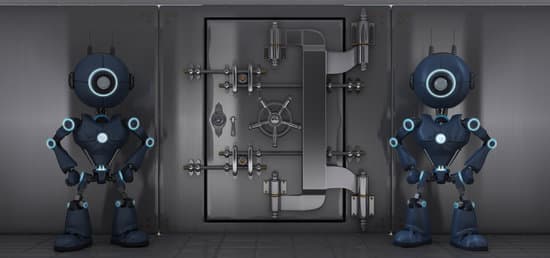In the grandeur of our universe, the dream of human colonization on distant planets like Mars has captivated our imagination. However, the journey to become an interplanetary species is fraught with challenges, and one critical aspect that often goes overlooked is reproduction in space. Enter SpaceBorn United, a Netherlands-based startup with an audacious vision: conceiving and raising children in the cosmos. In this article, we delve into the intriguing world of SpaceBorn United and their pioneering efforts to tackle the reproduction challenge beyond our planet.
Exploring the Reproduction Challenge
In the grand quest to expand human civilization beyond our home planet, one of the most intriguing and complex challenges that researchers and visionaries must confront is reproduction in space. This challenge encompasses a multitude of scientific, medical, ethical, and logistical considerations, all of which must be carefully navigated to ensure the viability of long-term space colonization.

Scientific Unknowns
The fundamental question that arises when contemplating reproduction in space is whether it is even possible. Space is a harsh and unforgiving environment, with factors like microgravity, cosmic radiation, and vacuum conditions posing substantial threats to the delicate processes of conception, fetal development, and childbirth. These unknowns make it imperative for scientists to delve into uncharted territory and explore the feasibility of creating life beyond the protective embrace of Earth’s atmosphere.
Don’t miss: Unable to play video error 151
The Ethical Dimension
Beyond the scientific challenges, there is a profound ethical dimension to consider. The act of conducting reproductive experiments, whether involving humans or other species, in the inhospitable realms of space raises a multitude of moral questions. Space exploration has long been guided by principles of responsible exploration, and reproductive experiments must adhere to these principles while pushing the boundaries of what is possible.
Medical Implications
Moreover, there are significant medical implications associated with reproduction in space. It is crucial to understand how microgravity and space radiation impact the health of both parents and developing fetuses. These insights can inform the development of technologies and procedures that mitigate risks and ensure the well-being of future space-born generations.
Technological Innovation
To tackle the reproduction challenge, innovative technologies are essential. SpaceBorn United’s miniaturized in-vitro fertilization (IVF) and embryo incubator exemplify the level of technological innovation required. These devices aim to simulate Earth-like conditions to enable conception and early embryonic development in space. However, this is just the tip of the iceberg, as more advanced technologies will be needed to address the multifaceted aspects of reproduction in space.
Future Implications
The exploration of the reproduction challenge extends far beyond space exploration itself. It touches upon fundamental questions about our place in the universe and our ability to adapt and thrive in the face of adversity. By pushing the boundaries of what is possible in space, scientists and researchers are not only addressing the practical challenges of colonization but also contributing to our understanding of life’s resilience and adaptability.
Exploring the reproduction challenge in space is a multifaceted journey into the unknown. It encompasses scientific, ethical, medical, and technological dimensions that require careful consideration and investigation. While it may be a daunting endeavor, it holds the potential to reshape our understanding of life’s possibilities beyond Earth and pave the way for a future where humanity truly becomes an interplanetary species.
Why Natural Conception in Space is Not Viable?
The natural conception of children in space is fraught with ethical and medical concerns. Research indicates that space radiation and weightlessness could pose significant risks to pregnancy and fetal development. SpaceBorn United recognizes these challenges and aims to sidestep them by developing an alternative approach.
The Miniaturized IVF and Embryo Incubator
At the heart of SpaceBorn United’s groundbreaking work is a miniaturized in-vitro fertilization (IVF) and embryo incubator. This cutting-edge technology seeks to revolutionize human reproduction in space by offering a safer alternative to traditional conception methods.
A CD-ROM-Sized Prototype
SpaceBorn United’s team has developed a CD-ROM-sized prototype that harnesses microfluidic technologies to replicate Earth-like gravity during the IVF process. This ingenious device allows for the programming of the entire conception process, offering a glimmer of hope for the future of space reproduction.
Overcoming Regulatory Hurdles
While the vision is ambitious, the road ahead is filled with regulatory hurdles. Human embryo testing is a highly contentious area of research, with international guidelines limiting the culturing of human embryos to just 14 days. SpaceBorn United’s plans hinge on obtaining approval for their groundbreaking endeavor.
Mice as Pioneers
Before venturing into human embryo testing, SpaceBorn United plans to conduct a series of missions involving mouse cells. These missions will help refine their technology and gather crucial data to assess the feasibility of human reproduction in space.
The Vision for Human Reproduction in Space
If all goes according to plan, SpaceBorn United envisions sending human reproductive cells into space, fertilizing them, and nurturing their development using artificial gravity. However, any embryos deemed fit for further development would be returned to Earth for the pregnancy and birth process.
The Ethical Debate
The idea of experimenting with reproduction in space raises profound ethical questions. SpaceBorn United’s endeavors provoke debates on the ethics of conducting reproductive experiments in extraterrestrial environments. The balance between scientific advancement and ethical considerations remains a challenge.
The Broader Significance
Beyond the immediate challenges and controversies, SpaceBorn United’s mission holds broader significance. It underscores the necessity of addressing the reproduction challenge for the sustainable future of humanity in space. As we explore the cosmos, ensuring the survival and thriving of future generations becomes paramount.
Conclusion
SpaceBorn United’s audacious vision to enable reproduction in space pushes the boundaries of human exploration. While the ethical and scientific hurdles are significant, the importance of addressing the reproduction challenge cannot be understated. As we strive to become an interplanetary species, pioneers like SpaceBorn United remind us that, ultimately, the survival and prosperity of our species hinge on our ability to adapt and thrive beyond the confines of our home planet. The journey to the stars is not just about reaching new frontiers; it’s about securing our place among them.
FAQs
SpaceBorn United is pioneering research in this area, but it’s a complex journey filled with uncertainties.
Space radiation and weightlessness could seriously jeopardize pregnancy and fetal development.
They’ve developed a miniaturized IVF and embryo incubator using microfluidic technology.
It’s as small as a CD-ROM and can simulate Earth-like gravity for the IVF process.
These are challenging due to ethical concerns and international guidelines limiting research to 14 days.
They plan to conduct missions involving mouse cells before considering human embryo testing.
Rahul Kumar is a highly skilled and experienced technology professional with expertise in search engine optimization (SEO), website development on WordPress, and content writing. With over 5 years of experience in the industry, Rahul has helped numerous businesses to achieve their online marketing goals through effective SEO strategies and high-quality website development.
As an SEO expert, Rahul has a deep understanding of the algorithms used by search engines to rank websites. He is skilled in using a variety of techniques to optimize websites for search engines, including keyword research, on-page optimization, link building, and content creation. He has a track record of achieving significant increases in search engine rankings and organic traffic for his clients.
Rahul is also highly skilled in website development on WordPress, one of the most popular content management systems (CMS) used by businesses worldwide. He has expertise in designing and developing custom WordPress websites that are responsive, user-friendly, and optimized for search engines.
In addition to his SEO and website development skills, Rahul is a talented content writer. He has written high-quality content for websites, blogs, and social media platforms in a variety of industries, including healthcare, technology, and education.
Overall, Rahul is a highly talented and motivated technology professional with a wealth of experience and expertise in SEO, website development, and content writing. He is dedicated to helping businesses achieve their online marketing goals and is committed to staying up-to-date with the latest trends and developments in the industry.


